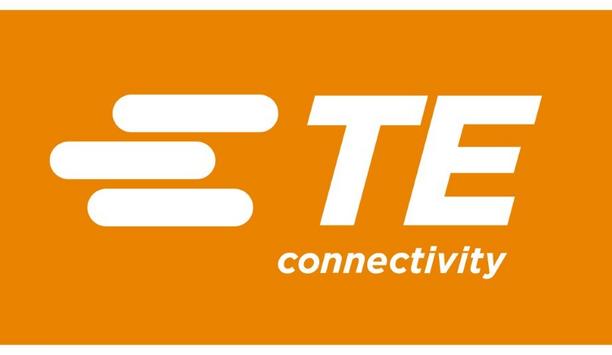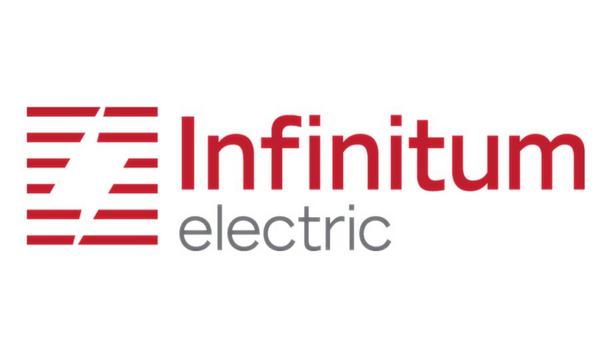As the United Kingdom continues its transition towards a greener and more sustainable future, electric vehicles (EVs) play a crucial role in reducing carbon emissions and dependence on fossil fuels. However, the increasing adoption of EVs also presents unique challenges for the electricity grid, particularly in managing their charging patterns to maintain grid stability and efficiency.
This is where smart charging technology comes into play, offering a solution to balance the UK’s electricity grid. In this article, they will explore the role of smart charging in achieving grid balance and the benefits it brings to the UK.
Grid Balancing: The Need of the Hour
A balanced electricity grid is essential to ensure a reliable and uninterrupted power supply to clients across the country
A balanced electricity grid is essential to ensure a reliable and uninterrupted power supply to consumers across the country. Traditionally, the grid has relied on conventional power generation sources that provide a consistent supply of electricity. However, with the integration of renewable energy sources and the growth of EVs, the demand for electricity has become more dynamic and variable.
The surge in EV adoption has the potential to strain the grid during peak charging times, pioneering to grid instability and increased infrastructure costs. To address these challenges, smart charging technology offers a viable solution that optimizes charging patterns and helps balance the electricity grid.
Understanding Smart Charging
Smart charging refers to the use of advanced charging infrastructure and communication technologies to optimize the charging process of EVs. It involves coordinating the charging schedules of EVs based on various factors, including grid conditions, energy demand, and tariff rates.
By leveraging real-time data and intelligent algorithms, smart charging systems can intelligently manage and distribute the charging load, minimizing the impact on the grid.
Benefits of Smart Charging for Grid Balancing
- Load Management: Smart charging allows for load management by staggering the charging times of EVs. This helps to smooth out demand peaks, preventing sudden surges in electricity consumption that can strain the grid.
- Grid Stability: By actively managing charging patterns, smart charging contributes to grid stability. It ensures a consistent and balanced flow of electricity, reducing the risk of blackouts or disruptions.
- Integration of Renewable Energy: Smart charging facilitates the integration of renewable energy sources into the grid. It can schedule charging during periods of high renewable energy generation, optimizing the use of clean and sustainable power.
- Cost Savings: Through smart charging, EV owners can take advantage of dynamic pricing and incentive programs. Charging during off-peak hours or when electricity prices are low can result in cost savings for EV owners and optimize the utilization of grid resources.
Challenges and Considerations
Implementing smart charging solutions does come with its own set of challenges and considerations. Some of the key factors include:
- Infrastructure Requirements: Smart charging requires the installation of advanced charging infrastructure that can communicate with the grid and EVs. Ensuring widespread availability of such infrastructure is essential for effective implementation.
- Interoperability: Interoperability standards are necessary to ensure compatibility between different charging infrastructure providers and EV models. A standardized approach would enable seamless integration and interoperability across the charging network.
- Data Privacy and Security: Smart charging relies on the exchange of data between EVs, charging infrastructure, and the grid. Protecting the privacy and security of this data is crucial to gaining public trust and ensuring the successful adoption of smart charging solutions.
- Regulatory Frameworks: A supportive regulatory framework is needed to incentivize the deployment of smart charging infrastructure. This includes offering tariff structures that encourage off-peak charging and providing incentives for grid-friendly charging behaviors.
Looking Ahead: The Future of Smart Charging
Engaging EV owners via awareness drives, incentive programs, and user-friendly charging keys will be crucial
The future of smart charging in the UK holds immense potential. Advancements in technology, such as artificial intelligence (AI) and machine learning, can further enhance the capabilities of smart charging systems. Integration with other grid management technologies, such as energy storage and vehicle-to-grid (V2G) systems, will also play a significant role in achieving a more optimized and resilient grid.
Engaging EV owners through awareness campaigns, incentive programs, and user-friendly charging solutions will be crucial. Encouraging EV owners to actively participate in smart charging programs can lead to a collective effort in balancing the grid, reducing carbon emissions, and contributing to a sustainable energy future.
conclusion
In conclusion, smart charging technology has a vital role to play in balancing the UK’s electricity grid. By effectively managing EV charging patterns, smart charging helps to alleviate grid strain, optimize renewable energy utilization, and ensure a reliable power supply.
With the right infrastructure, standards, and regulatory support, smart charging can pave the way for a cleaner, greener, and more resilient energy system in the UK.







